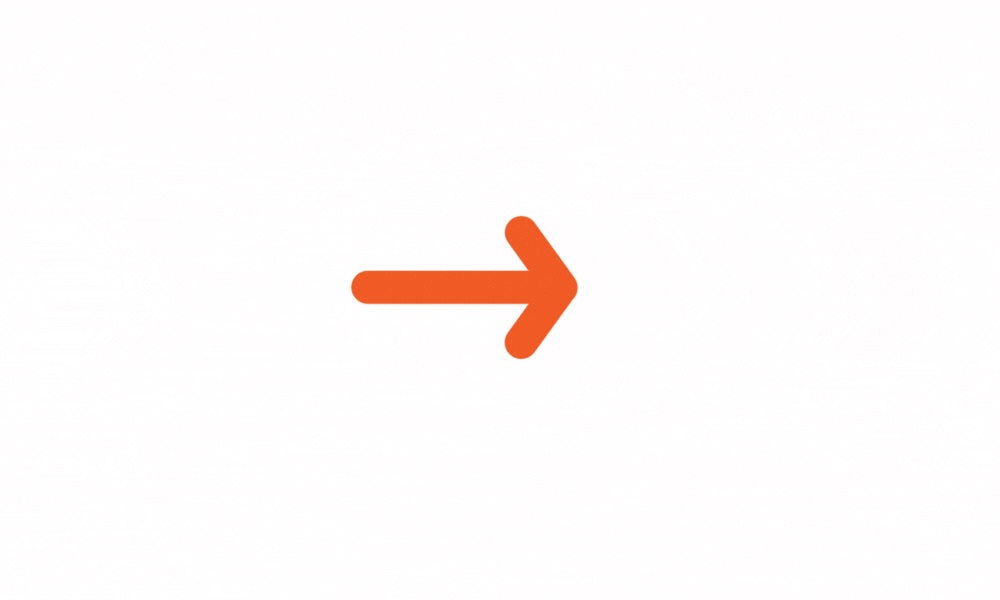We’ve all faced situations where our bills pile up and our financial situation seems overwhelming. However, there’s good news – with the right strategies, you can overcome these challenges and improve your personal finances. In this blog post, we’ll explore practical tips, tricks, and strategies to help you take control of your money. So, let’s dive in and discover how you can transform your financial situation.
Table of Contents
Keep Track of Your Spending
To gain control over your personal finances, start by keeping a close eye on your spending. Track every penny you spend to identify inefficient patterns and make better financial choices. Remember, as Peter Drucker famously said, “If you can’t measure it, you can’t manage it.”
Analyze and Prioritize Your Expenses
Take a deep dive into your spending categories and identify which ones are essential and which ones can be reduced or eliminated. Many of us unknowingly pay for subscriptions or services we no longer use. By cutting back on nonessential expenses, you can free up funds for savings and redirect your money toward what truly matters.
Create a Budget for better personal finance management
Budgeting is an essential tool for financial success. Although it may seem daunting, the benefits are well worth the effort. Embrace budgeting as a positive way to gain control over your money and achieve your financial goals. Keep your budget up to date, review it regularly, and consider using budgeting software for ease and convenience.
See: 9 personal finance tips for young adults
Set a Limit on Unbudgeted Spending
Impulsive purchases can derail your financial progress. Combat this by implementing the 1% rule – wait a day before making a purchase that exceeds 1% of your yearly gross income. This pause allows you to reconsider whether the item is a genuine need or simply a want, helping you make more mindful spending choices.
Lower Your Monthly Bills
Reducing your monthly expenses is an effective way to regain control of your personal finances. Look for areas where you can cut back without sacrificing your basic needs. Explore energy-saving practices, consider buying groceries in bulk, and opt for home-cooked meals instead of dining out frequently. These small adjustments can lead to significant long-term savings.
Prioritize Debt Repayment
If you’re carrying debt, make paying it off a priority. Start by listing all your existing debts, including credit card balances, student loans, and vehicle loans. Develop a strategy to pay them off as quickly as possible. Explore options like negotiating lower interest rates, consolidating loans, or utilizing balance transfer cards. Responsible debt repayment practices will alleviate financial stress and free up more of your monthly budget.
Avoid Relying on Credit Cards or EMIs
Dependence on credit cards or equated monthly installments (EMIs) can lead to a cycle of debt. Instead, consider alternatives such as cash or debit cards for your purchases. Establish a short-term savings account for major expenses and leave your credit card at home to resist impulsive buying. By using credit wisely, you’ll prevent accumulating further debt and have more control over your money.
Go on a Spending Fast
Challenge yourself to a spending fast for a specific period. During this time, refrain from making discretionary purchases and focus only on your essential needs. This practice will help you reduce unnecessary spending, reshape your spending habits, and gain a fresh perspective on your relationship with money.




